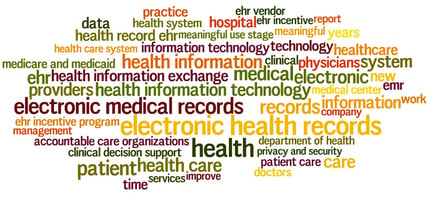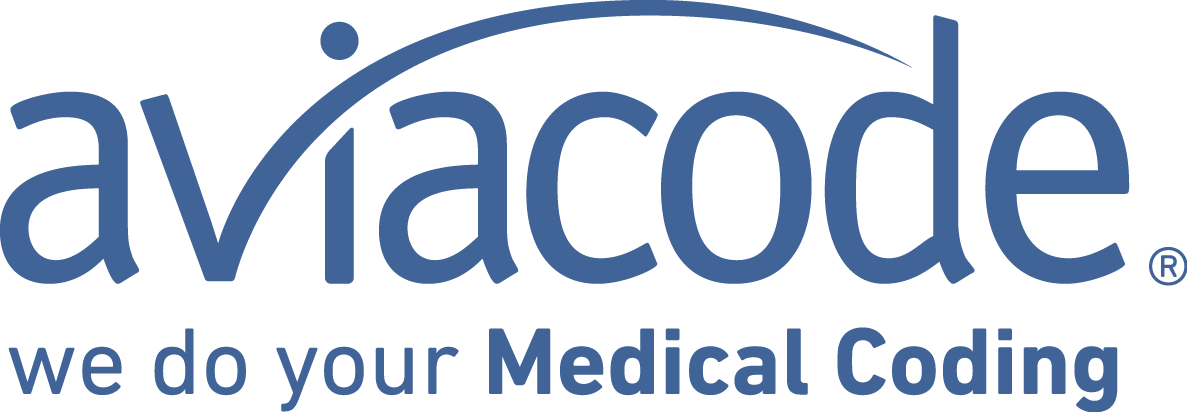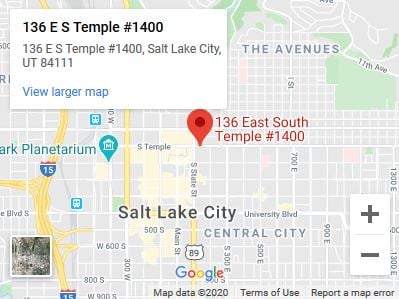Stephanie Cecchini, CPC, CEMC, CHISP, ICD 10 Trainer, VP Coding at Aviacode
While recently conducting an onsite audit of professional services (office visits and behavioral health claims), I was asked: “What is the most valuable resource to a healthcare practice.” My answer was, as it always is, “The Physician, of course.” The conversation sat with me for several days. Why is it that the physician, who is the number one producer of revenue, is also the first person to be required to jump through documentation hoops and reimbursement nuances that can be as clear as mud? Why are more medical coders not grabbing their ear? We all know, physicians like a resource that can simplify, demystify, and ease administrative burdens. There are new positions starting to really takeoff around the idea, such as the exploding use of scribes. Scribes, however, don’t usually understand medical coding. It’s the knowledge and action taken at the medical coder level that resonates in cash flow and compliance. Medical Coders are Health Information Managers (HIM). They are so often the bearers of “bad” news that some are shy to speak up for fear of upsetting the physician. Bridging that gap is necessary. Medical Coders need to know how to communicate effectively. So how can you be HIM…and heard?

There are many “best practices” Medical coders can take to communicate effectively. Typically, a physician will be more likely to listen and respond when you are able to communicate by both your actions and words of understanding of their needs, wants, and mindset. Our doctors are life-long learners, highly intelligent, and possess a deep appreciation for logic and reason. Physicians are naturally intuitive, some even feeling spiritually drawn to practice the art of medicine and healing. Generally hungry for and appreciative of tips and techniques in learning new skills, physicians crave correctness. Accurately documenting for coding and billing purposes can prove a frustrating dichotomy; it is both a challenge to achieve correctness, while also an intrusion that takes away from patient time. The right medical coder will communicate in a way that stimulates these traits and emotions.
• Address the physician’s concerns openly, directly and with respect.
• Accept that many physicians will view your documentation requirement education attempts as a low priority in lieu of the top priority: putting the patient first.
• Learn how to overcome objections like a pro: Attend train-the-trainer programs and sales classes; in order to be successful you must first sell the CDI process to the physician.
• Know the physician’s personality type before you meet with him or her. The best face-to-face coaching time may be shadowing the physician on the hospital floor with short, immediate feedback or at a quiet time at his or her desk.
• Be willing to rearrange delivery of the information in order to answer questions.
Medical Coders can help providers navigate complex government regulations to help protect positive cash flow. They help remove an unnecessary burden from providers who shouldn’t have to do it all. Embrace your skills…stand on the tallest mountain…and be HIM and Heard. It be will a physician you save. A physician will be able to save someone else in a far more meaningful way because of it.
Thanks for reading!
Stephanie
LION https://www.linkedin.com/in/stephaniececchini




